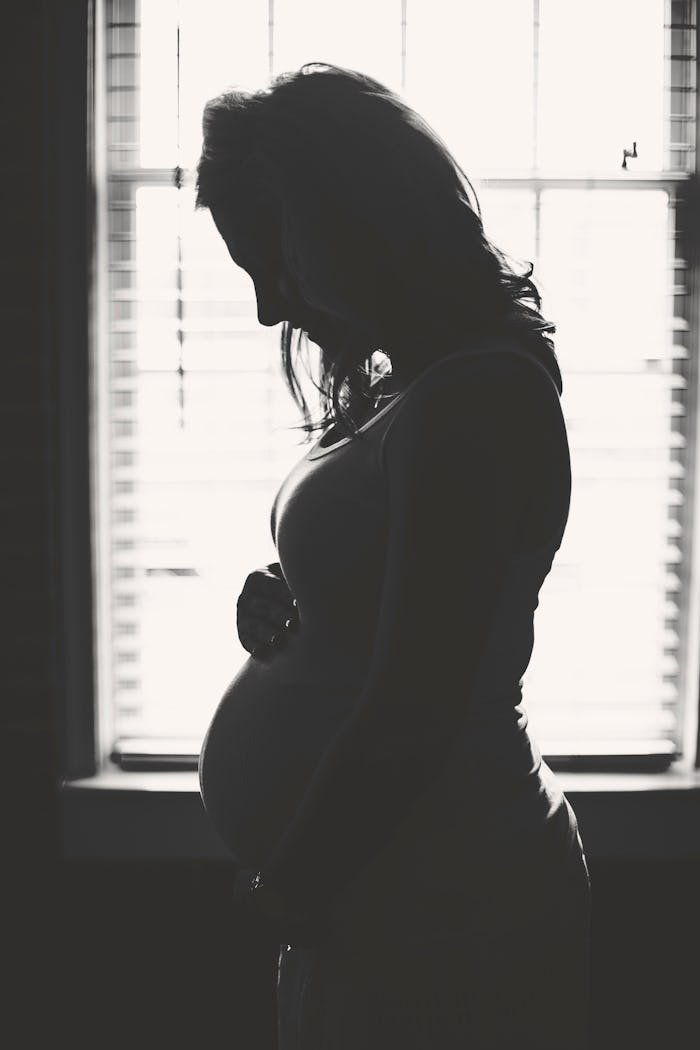Life
When Are C-Sections Medically Necessary? It Can Be An Emotional Experience For A Mom
There are so many decisions parents (especially moms on account of it being their bodies and all) have to consider when they are having a baby. There's the whole boy or girl thing, and while that's not a decision one generally gets to make, some of us have our secret preferences. Bottle or breast fed, when to go back to work, attachment parenting or the "cry it out" method, C-section or vaginal birth. While this is a decision for some moms, not everyone gets to make the choice when a C-section becomes medically necessary. And having that choice taken away can be a tough time for a new mom who is already experiencing literally every emotion that exists.
A Cesarean birth (more commonly known as a C-section) is a surgical procedure where a mother's health care provider removes the baby through an incision in the mother's stomach and uterus. While most health care professionals agree that it is best for mother and baby if the baby can be born through a vaginal birth, it is not always an option for the mother. A C-section becomes medically necessary when either the mother, the baby, or both present complications that would cause a vaginal birth to become unsafe.
According to the March of Dimes, some of the pregnancy complications that can cause a health care provider to recommend a C-section could include:
- You've had a c-section in a previous pregnancy or other surgeries on your uterus (womb).
- There are problems with the placenta. The placenta grows in your uterus and supplies the baby with food and oxygen through the umbilical cord. Placental problems can cause dangerous bleeding during vaginal birth.
- You have an infection, like HIV or genital herpes.
- You're having multiples (twins, triplets, or more)
- You have a chronic health condition, like diabeters ir high blood pressure, that requires treatment.
Some complications that can occur during labor and delivery that could result in a C-section are, according to March of Dimes:
- Your baby is too big
- Your baby is in breech position (bum facing down, head facing up)
- Your labor stops or slows down
- Umbilical cord prolapse, which is when the umbilical cord slips into the vagina where it can get squeezed or pressed.
- Your baby has a slow heart rate, which is called fetal distress
- Your baby has a birth defect.
While a medically necessary C-section might not have been the ideal choice for some moms, their safety and the well-being of their child naturally comes first. Some moms might feel sensitive about their C-sections, but they truly shouldn't have to.
It's important to remember that everyone's journey to becoming a parent looks different, and mom judgment is just lame. Every day of the week.
